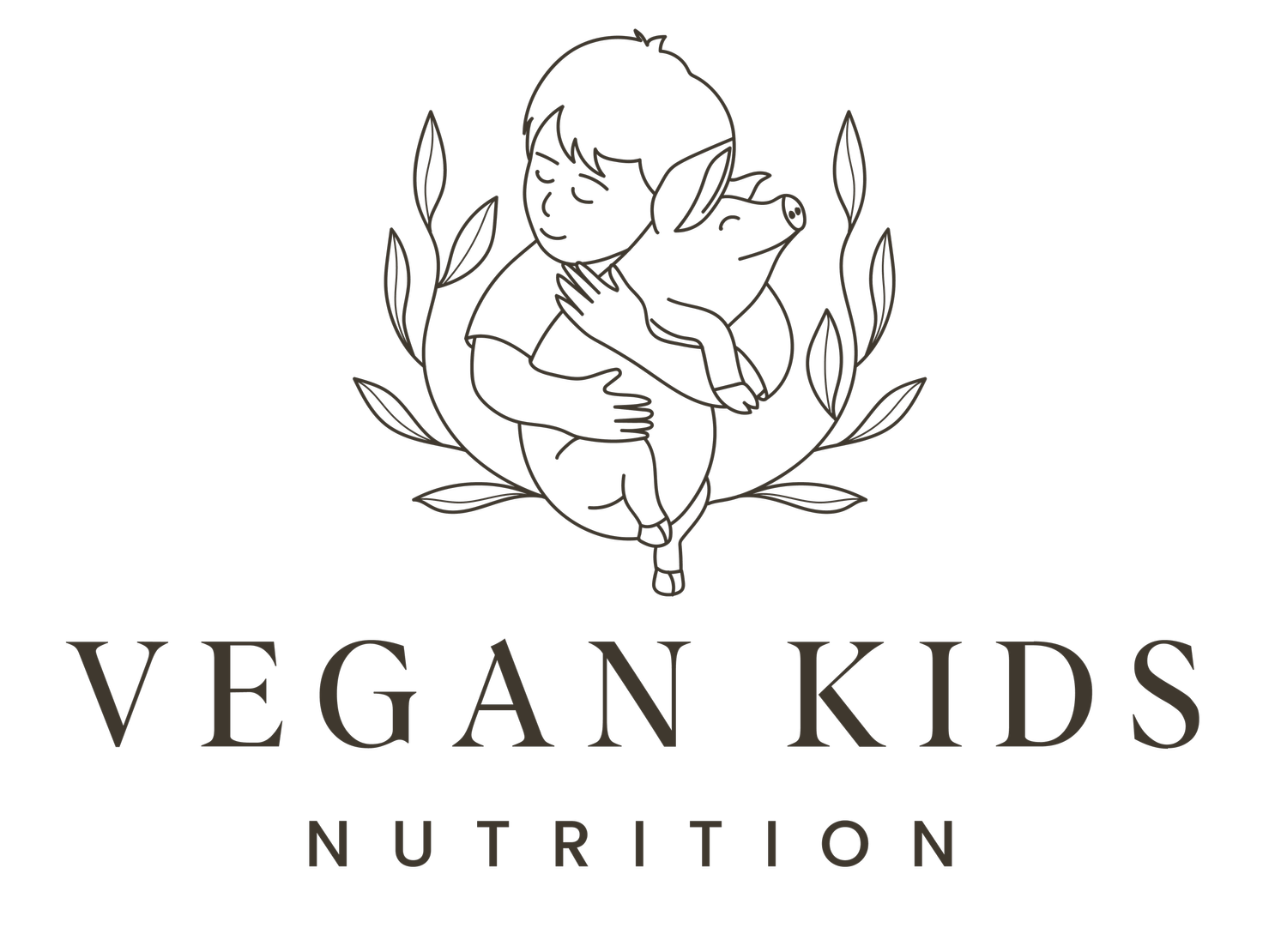Healthy eating is important at all stages of life and perhaps more important during pregnancy, especially when following a vegan lifestyle. Your body has increased nutrient needs during this period of growth and it’s important to consume adequate intakes of essential nutrients through a variety of plant foods to ensure both you and your baby are healthy. Vegan moms don’t necessarily need different nutrients than non-vegan moms during this time, it just means obtaining them from a different source and may require different amounts for certain nutrients. Take a look at this article where I list important nutrients to consider when following a vegan pregnancy – and that in fact, it is a healthy diet to follow.
Background and Health Benefits of Choline
There are many nutrients that are important during pregnancy, such as iron and folic acid, but one that has recently been noticed to be of importance is choline. In fact, it wasn’t until 1998 that the Food and Nutrition Board of the Institute of Medicine established clear dietary recommendations for choline intake (5).
Choline is an essential nutrient that plays a role in many body functions – such as normal brain development, nerve function, and regulating our mood and memory (3). Our bodies make small amounts of choline in the liver but majority has to be consumed from food since it is not enough to meet the recommended amounts (1,4). Most people in the United States fall short in obtaining adequate amounts of choline and amounts are actually higher during pregnancy, needing about 450mg/day (2,3). Studies have shown that diets containing choline-rich foods during pregnancy has a crucial role in the brain development of your baby and may affect baby in the future if the recommended amounts are not adequately consumed during this period of growth (1). Adequate intake of choline has also been shown to reduce the risk of neural tube defects in fetuses as this nutrient is comparable to some of the pathways of B-Vitamins, such as folic acid (3).
Plant-Based Sources of Choline
To ensure adequate intake of choline, eggs and meat products are typically recommended as these are considered excellent sources of choline. And while that’s true, there are a variety of plant-based foods that provide choline for those following a vegan pregnancy. Here is a table that illustrates some plant food sources that provide choline (3,4,6):
Plant-based sources of choline
Vegan Prenatal Vitamins
Following a vegan lifestyle – whether pregnant or not – requires supplementation of certain nutrients. The question is, is supplementation needed for choline?
While it’s possible to meet adequate intakes of choline through a well-planned vegan diet, it may be beneficial to also supplement with a prenatal vitamin that contains choline. Majority of prenatal vitamins have yet to include choline and many other supplements contain very little amounts. The one that I currently take, Deva Vegan Prenatal Vitamins, contains 50mg choline per tablet. Here are other two vegan-friendly supplements that are out there:
Rainbow Light - Prenatal One Multivitamin = 55mg choline
Garden of Life Organic Prenatal Multivitamin Supplement with Folate = NO choline
Although it is still unclear about how much choline our bodies need, vegan moms or moms-to-be are encouraged to consume the adequate intake of 450mg/day. It may not be necessary to take more than that in a choline-only supplement as too much choline can contribute to certain side effects, such as low blood pressure or risk of certain cancers.
What to do?
Following a vegan lifestyle is not difficult, it simply requires a little bit more attention to meal planning. It is always recommended to eat a variety of plant-based foods and ensure a well-planned vegan diet to meet the demands of pregnancy. To ensure you are meeting adequate intakes of choline, aim to include foods rich in choline from a variety of plant-based foods, adequate intake of calories through a well-planned vegan diet, and your daily prenatal vitamin (preferably with some amounts of choline).
References
Baumgartner, H. e. (2015, December). Characterization of Choline Transporters in the Huamn Placenta over Gestation. Placenta, 36(12), 1362-1369. Retrieved from https://www.ncbi.nlm.nih.gov/pmc/articles/PMC4801320/
National Institutes of Health: Office of Dietary Supplemets. (2017, March). Choline: Fact Sheet for Consumers. Retrieved from National Institutes of Health: Office of Dietary Supplemets: https://ods.od.nih.gov/factsheets/Choline-Consumer/
Norris, J. (2013, April). Choline. Retrieved from VeganHealth.Org: https://veganhealth.org/choline/
Olivares, L. (2018). Choline in Vegetarian Diets. Retrieved from Vegetarian Nutrition Dietetic Practice Group: Academy of Nutrition and Dietetics: https://vegetariannutrition.net/docs/Choline-Vegetarian-Nutrition.pdf
Patterson, K., Bhagwat, S., Williams, J., Howe, J., & Holden, J. (2008, January). USDA Database for the Choline Content of Common Foods: Release Two. Retrieved from https://www.ars.usda.gov/ARSUserFiles/80400525/Data/Choline/Choln02.pdf
United States Department of Agriculture. (n.d.). USDA Food Composition Databases: Nutrient Lists. Retrieved from United States Department of Agriculture: Agricultural Research Service: https://ndb.nal.usda.gov/ndb/nutrients/report/nutrientsfrm?%20%20%20%20max=25&offset=0&t%20otCount=0&nutrient1=421&nutrient2=&nutrient3=&subset=0&fg=&sort=f&measureby=m
A Dietitian's Guide to a Vegan Pregnancy
Learn about the nutrients needed for a healthy vegan pregnancy.




